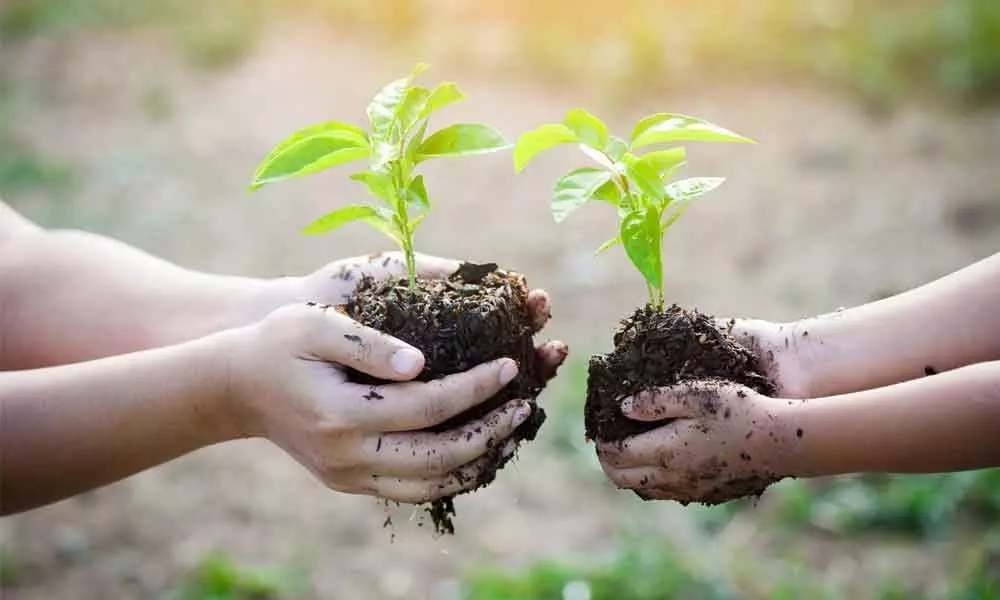Growing green cover brings good tidings

In the recent years, there is a growing recognition of the vital role played by forest ecosystems in ensuring the ecological security of the world.
In the recent years, there is a growing recognition of the vital role played by forest ecosystems in ensuring the ecological security of the world. The ecosystem services that forests provide are essential for the existence of life on the Earth.
The changes in forest ecosystems are highly dynamic in nature and therefore there is a need for regular monitoring to ensure balance between conservation and development.
The Forest Survey of India which undertakes biennial assessment of country's forest resources, recently released its findings based on interpretation of Satellite data (October 2017 to February 2018) and inventory of forest carried out by FSI (Forest Survey of India) from 2016 to till date , that gave good news to one and all. Our forest cover is growing, slowly yet steadily.
The total forest cover of the country stood at 7,12,249 sq km which is 21.67 per cent of the geographical area of the country. The tree cover of the country is estimated as 95,027 sq km which is 2.89 per cent of the geographical area.
This assessment means there is an increase of 3,976 sq km (0.56 per cent) of forest cover, 1,212 sq km (1.29 per cent) of tree cover and 5,188 sq km (0.65 per cent) of forest and tree cover put together, at the national level as compared to the previous assessment.
Andhra Pradesh stands among the top five States in terms of increase in forest cover alongside Karnataka, Kerala, Jammu and Kashmir and Himachal Pradesh. As for carbon stock too there is an increase in this assessment.
Such an assessment is essential for the country to understand its economy too. It helps in evaluating the dependence of the people living in forest fringe villages for fuelwood, fodder, small timber and bamboo on the forests.
The results will also help in evaluating the impacts of programmes and policies but will also help in understanding the gap between the potentially productivity and actual increment observed in the forests of the country.
Forests cover nearly a third of all land on the Earth, providing vital organic infrastructure for some of the planet's densest, most diverse collections of life. They support countless species, including our own, yet we often seem oblivious of that. Humans now clear millions of acres from natural forests every year, especially in the tropics, letting deforestation threaten some of the Earth's most valuable ecosystems.
We tend to take forests for granted, underestimating how indispensable they still are for everyone on the planet. Unfortunately, there is little that the governments do in educating people about the value of forests.
This indifference could prove costly in the long run. To help things get better for woodlands around the world, we would all be wise to learn more about the benefits of forests — and to share that knowledge with others.
One International Day of Forests does not help us much. Forests support us every day of the year and they increasingly need us to return the favour. That the Indian forests are growing back, though in a small measure is still good news.

